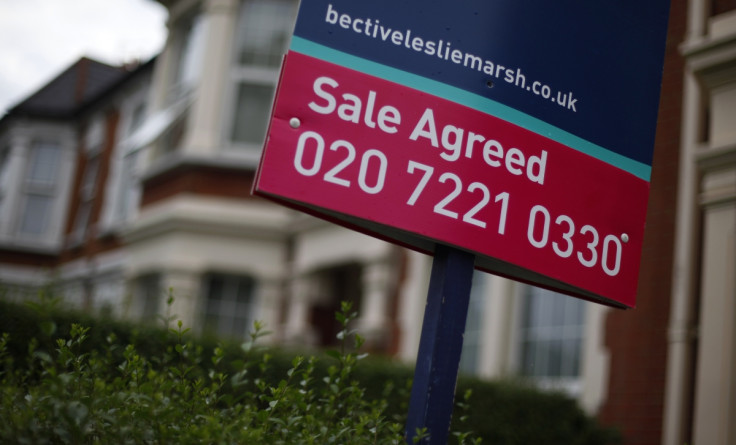UK house prices: Headline growth slows but north east property stuck below pre-crisis peak

House price growth in the UK slowed in December 2015, according to the Office for National Statistics (ONS), though it kept a rapid pace amid the ongoing imbalance between supply and demand. It said the average house price in the UK grew 6.7% over the year in December to £288,000, down from 7.7% in the previous month.
But the regional picture was varied. The housing shortage is sharpest in London, the south east and the east of England, where prices are rising fastest. In the east of England, where prices recorded the largest growth rate, the average house price lifted 9.7% over the year in December to £315,000. In London, the average house price rose 9.4% to £536,000. In third place was the south east, where the average price lifted 8.8% to £365,000.
The new year's market has hit the ground running in many locations, continuing last year's momentum and resulting in the price of property coming to the market hitting a new high
In Scotland, however, prices dropped on average by 0.2% to £193,000. And the north east of England remains the only UK region where house prices are still below their pre-financial crisis peaks. The average price rose 0.9% in December 2015 to £155,000.
Rising demand in the property market is fuelled by cheap mortgage credit because the Bank of England is holding down interest rates, a healing economy with high employment and rising pay. But there remains a shortage of housing supply. Estimates of the country's housing need vary from 200,000 to 300,000 new homes a year. Housing starts in England in the year to September 2015 were 136,830, down by 0.8% on the 12 months before, according to government data.
There are signs housing construction is picking up. The National House Building Council (NHBC), an insurance and warranty firm that covers 80% of the market for new homes, released figures showing it recorded 139,975 housing completions in 2015, up 17% on the previous year. Registrations with NHBC for new homes to be built – a lead indicator of future completions – jumped 7% over the year to 156,140, an eight-year high.
Help from the government
The government has a number of schemes to help first-time buyers overcome high house prices to own a home. Among the government's offerings for first-time buyers is the Help to Buy scheme. Under Help to Buy, first-time buyers can get a mortgage guarantee from the Treasury, an interest-free loan from the government worth up to 40% of a property's value, or an Isa topped up with public money.
Other government schemes include starter homes, which offer first-time buyers under 40 a discounted new build property, and shared ownership, which enables people to buy a percentage of a property and rent what they do not own.
In its own house price index, the property listings website Rightmove said the housing market "hit the ground running" in January. The average house price reached £299,287 after rising 2.9% over the month, it said, and there was a 5% increase in the number of properties coming onto the market during January.
"The new year's market has hit the ground running in many locations, continuing last year's momentum and resulting in the price of property coming to the market hitting a new high," said Miles Shipside, director of Rightmove. "Many agents reported high numbers of sales in November and December and properties selling more quickly, so it's encouraging to see signs of replenishment of property, especially in the first-time buyer sector."
© Copyright IBTimes 2025. All rights reserved.





















